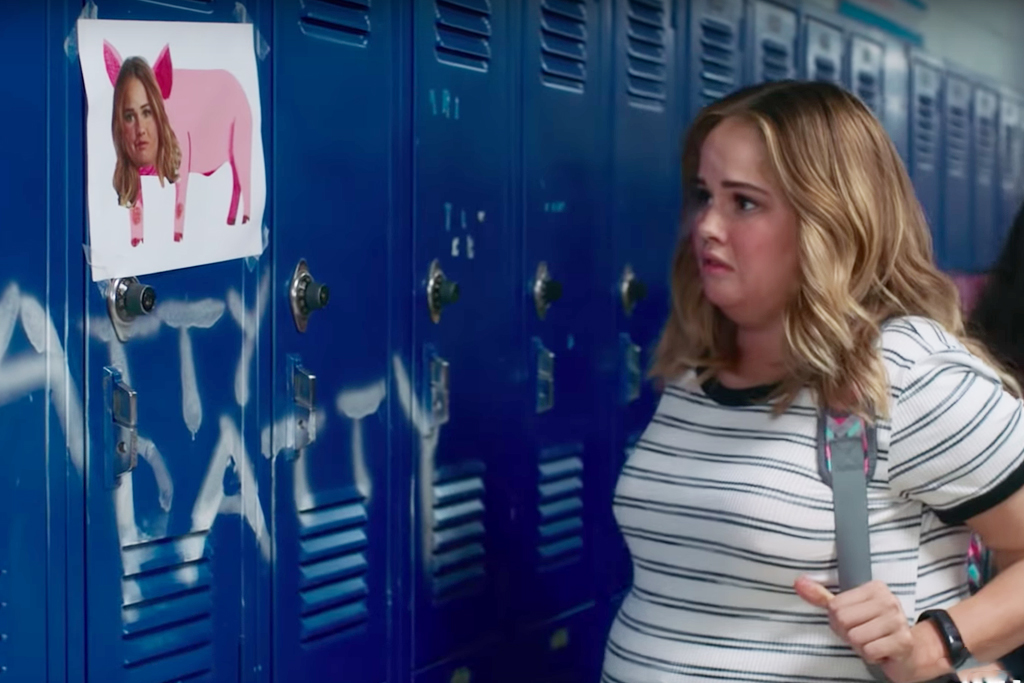The Creator “Fat Shaming” Show ‘Insatiable’ Says The Criticism Borders On Censorship
That's not how criticism works.

Netflix’s new show Insatiable has been pretty broadly panned for “fat-shaming” and being generally problematic.
Billed as a ‘dark revenge comedy’, Insatiable stars Disney actor Debby Ryan as “Fatty Patty,” a high school student who is bullied and ridiculed for her weight. After having her mouth wired shut one summer, she returns to school as a thin person and decides to get revenge on her former tormentors.
The show almost immediately got hit with a massive Change.Org petition asking for its cancellation, and since being released, has been slammed by critics.
This review in BuzzFeed summarises the issues people are having with the showing, claiming it “reinforced the same tired old jokes about fat people’s toxic relationship to food,” and that it’s “sad that it’s 2018 and fat people are still treated as less than human, as something monstrous, as the villains in our own stories.”
I’m sorry the show insatiable is actually disgusting and disappointing for a movie in 2018, please don’t watch it’s toxic as hell
— lauren (@laurenrosedawk) August 12, 2018
Now the show’s creator, Lauren Gussis, has claimed that the backlash to the show borders on censorship.
“I think we are, as a society, getting very close to the dangers of censorship,” she told The Hollywood Reporter. “I wanted to poke at all those issues through comedy. But every single one of the issues that these characters struggle with — from eating disorders to body dysmorphia, to sexuality to needing outside power and validation, to wanting to be perfect, to mental illness — I have struggled with every single one of those things.”
She says that she understands the criticism, but believes that the series needed to use fat-shaming language to make its point.
“If hearing these things are uncomfortable, I get it. They’re sensitive. The wound is deep, but I don’t think the solution is silencing myself or somebody else. I think the solution is saying the thing, so that we can talk about it. Is representing the truth, as opposed to some other idealised version of the truth that isn’t really true, which actually pushes us even further away from having an honest conversation and coming to a deeper understanding of each other.”
I can’t believe a bunch of people were sitting in a room at Netflix and asking themselves, “You know what would make a good show? Let’s put someone in a fatsuit then have the character get their mouth wired shut to lose all the weight and get hot.” ☺️ @insatiable_
— Loey (@Loeybug) August 12, 2018